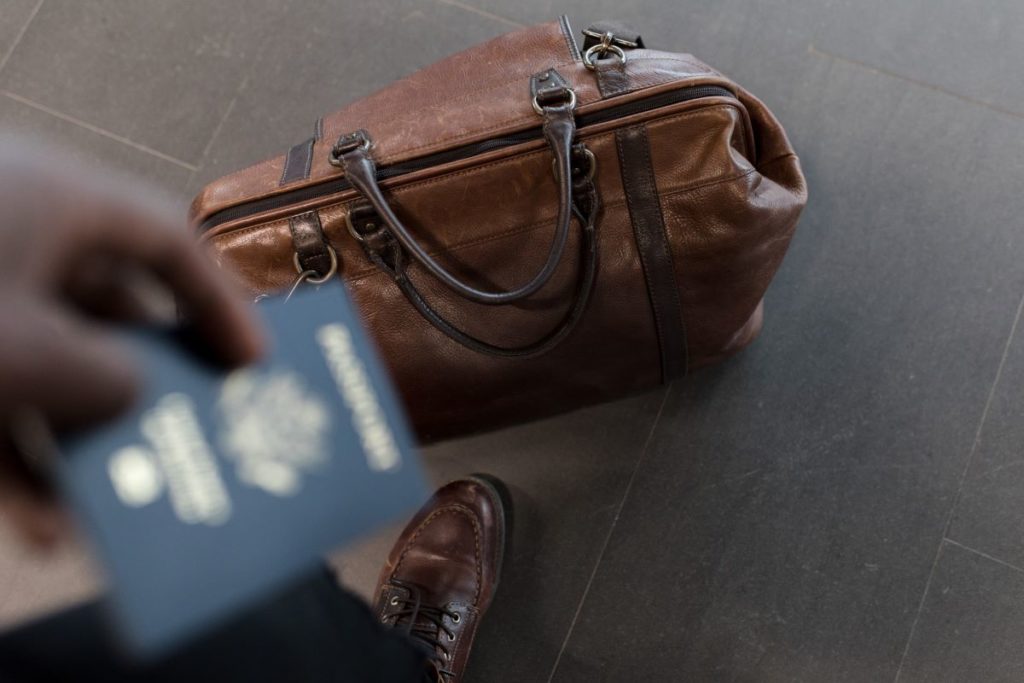Traveling, as fun and as transformative as it can be, is no doubt stressful. Standing in lines at stations and airports, getting stuck in crowds, uncomfortable seating, dry and processed travel food, weather changes, and criminals that target tourists are just the tip of the iceberg of bad things we can experience on vacation. The stress around traveling is universal, but when you’re a senior citizen with disabilities? That’s a whole other level.
Many people with physical disabilities enjoy traveling, but existing medical conditions and disabilities require a more careful hand in planning a trip. With the right planning, you can make your travel experience easier than dealing with a social security disability lawyer. Don’t let this stop you from traveling with them, though! We’ve come up with some tips to ensure that your next trip goes as smoothly as possible.
1. Don’t be afraid to ask for assistance
Airline and other transport attendants will always be glad to help you out! Don’t be afraid or feel embarrassed to ask for extra hands, whether it’s for handling luggage, helping you to your seat, or locating a restroom. People will be more than willing to help you, transport attendant or not.
No one is ever too busy to help anyone out, especially on transport carriers. Approach people with a smile and ask for help when needed because not only are people willing to give help, some of them are literally paid to do so. Nothing is too much when it comes to special needs, so when someone extends a helping hand. Feel free to take it.
A little extra planning goes a long way when you travel with a few limitations. Many people with disabilities would still like to experience seeing new sights but are worried about holding people up or making you worry about them. Reassure your travel partner that this is their trip too!
Everyone should experience going to new places, no matter their physical limitations, and discomfort that usually deters some people can be avoided by keeping these five tips in mind.
2. Ensure your carrier can accommodate you
Most transport companies and carriers must give special assistance to the elderly and passengers with different needs. Airplanes and cruise ships are good examples, but every company offers different levels of assistance, so it would be best to call at least a month or two ahead while you’re in the planning stages.
While accessibility has improved in many companies, it would also be wise not to expect that that’s a standard for all of today’s travel companies. If you’re planning to go abroad, check accessibility laws and accommodations thoroughly.
3. Book a priority seat
Most airlines nowadays offer special seating and assistance for passengers in wheelchairs. For people with minor physical disabilities, picking an aisle seat ahead of time would be better because getting up to go to the bathroom won’t be as much of a hassle.
Larger carriers have designated seating for passengers with special needs, but that’s usually the case only if you’re flying out of or to major cities. Destinations like the countryside or a beach town can usually only welcome smaller carriers, so it’s best to call ahead about seating.

4. Know your rights abroad
There many federal laws within the United States that protect disabled people’s rights. They have also improved the overall travel experience not just for passengers with disabilities but also for those without. But the same can’t really be expected when you’re traveling abroad.
Check the laws and regulations regarding accessibility for persons with disabilities before booking a ticket, and don’t be afraid to call to clear some things up. It also helps to contact your local embassy. Being sure about how to protect your rights on different soil is better than taking chances!
5. Give yourself some breathing room
Travels with multiple stops and connecting flights have only a small window of time that allows you to relax before you have to line up to get on another plane again. If you have connecting flights, it would be best to keep your schedule open for a longer layover. Some persons with disabilities require more rest than able-bodied adults, so what might not seem stressful to you can actually be exhausting for them.
If you accompany a person with disabilities, you will need to move at a more comfortable pace. You may have to check in earlier, especially if you’re traveling with mobility equipment like wheelchairs or walkers. Remember: this trip is mostly for them, so their comfort is a priority.

